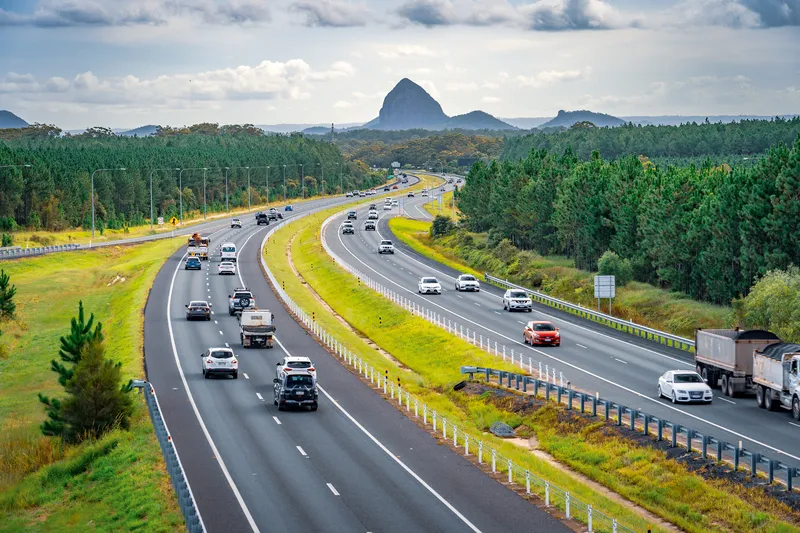Brazil has invested US$18.3bn in federal highway projects during phase two of its growth acceleration plan, PAC, according to the federal government's ninth balance report on PAC 2 works.
The report, reviewing phase two's first three years (2011-13) of the four-year program, affirmed that work was carried out on 3,080 kilometres of highway stretches and highlighted various projects which were completed last year.
Among them was BR-376 near southern Paraná state's Maringá city, BR-448 known as Rodovia
February 24, 2014
Read time: 2 mins
Brazil has invested US$18.3bn in federal highway projects during phase two of its growth acceleration plan, PAC, according to the federal government's ninth balance report on PAC 2 works.
The report, reviewing phase two's first three years (2011-13) of the four-year program, affirmed that work was carried out on 3,080 kilometres of highway stretches and highlighted various projects which were completed last year.
Among them was BR-376 near southern Paraná state's Maringá city, BR-448 known as Rodovia do Parque in the southern state of Rio Grande do Sul, and BR-324 known as Via Expressa near north-eastern Bahia state's Salvador port.
Projects on another 6,915 kilometres of roads are currently under way. A total of 4,367 kilometres is for restoration and paving and 2,548 kilometres for road widening and expansion, the report said.
Overall PAC 2 works, which include transportation infrastructure, basic sanitation and urban mobility, electric energy, housing, and other projects, saw a total of US$330 billion in investments from 2011-13. The four-year phase ends this December.
The report, reviewing phase two's first three years (2011-13) of the four-year program, affirmed that work was carried out on 3,080 kilometres of highway stretches and highlighted various projects which were completed last year.
Among them was BR-376 near southern Paraná state's Maringá city, BR-448 known as Rodovia do Parque in the southern state of Rio Grande do Sul, and BR-324 known as Via Expressa near north-eastern Bahia state's Salvador port.
Projects on another 6,915 kilometres of roads are currently under way. A total of 4,367 kilometres is for restoration and paving and 2,548 kilometres for road widening and expansion, the report said.
Overall PAC 2 works, which include transportation infrastructure, basic sanitation and urban mobility, electric energy, housing, and other projects, saw a total of US$330 billion in investments from 2011-13. The four-year phase ends this December.







